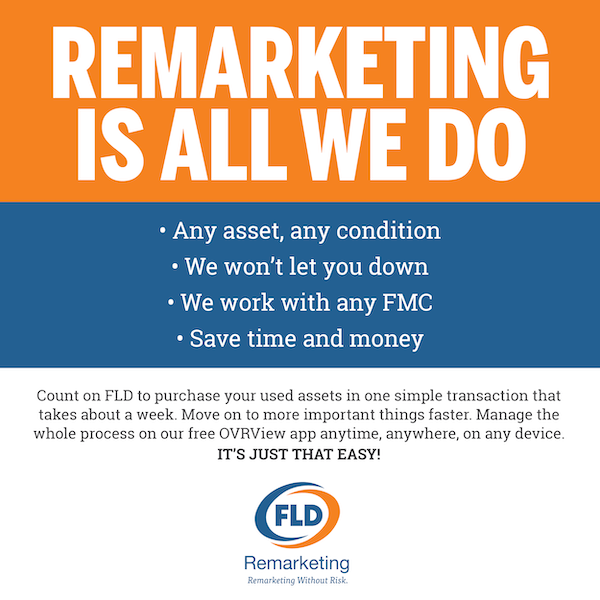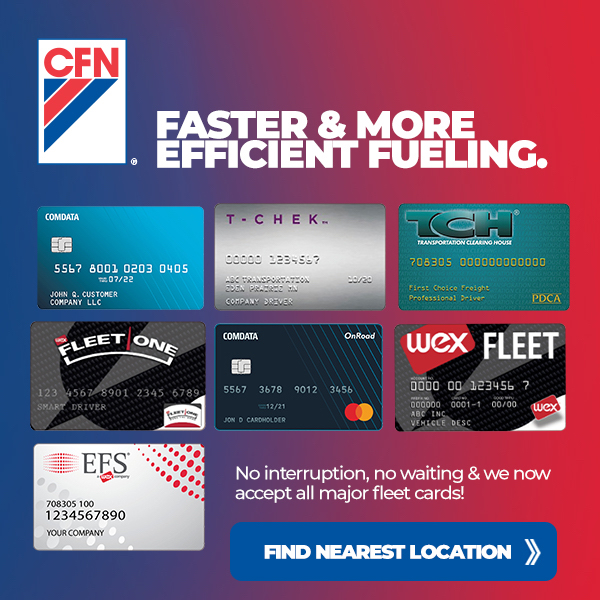
Companies and businesses across Europe are having to rethink their fleet policies because of external factors which are introducing unprecedented levels of change.
That was the message from Thibault Alleyn, Global Consulting Director at FleetVision, the fleet and mobility consultancy arm of TÜV SÜD Group and sister company to Fleet Logistics, at a high-level conference in London recently.
Alleyn told delegates that external factors were forcing companies to rethink their approach to fleet. Ten years ago, he said, it was not uncommon for companies to have five-year-old fleet policies in place which were still relatively up to date.
Now, that was no longer the case due to four key issues: tax and legislation, the supplier offering, changes in doing business and employee mentality, said Alleyn.
Looking at tax and legislation first, Alleyn said that a vast majority of European countries now linked carbon dioxide emissions to company car taxation which meant the total cost of ownership (TCO) need to be redefined to take this into account.
Fleet policies were being reviewed with a clear divergence between the car as a work tool and as a perk or benefit, with drivers actively pushing employers down their preferred route regarding Benefit-in-Kind, he said. This was especially true in Germany, UK, France, Italy and the Benelux, while Central and Eastern Europe were catching up.
Turning to the supplier offering, Alleyn said that, in terms of the supplier landscape, there were rapidly changing pricing policies and much less commoditization of the company car in favor of more bespoke electric and mobility packages.
Some leasing companies were offering clearly defined new pricing strategies, and differentials between companies in the market were increasing.
Fleet operators more than ever should seek to take benefit from this and look for long term partnerships based on solid processes and a broad offering. However, this was a challenge with alternative mobility providers, as most were new start-ups, he said.
Alleyn said that the way companies did businesses these days had changed the approach to their vehicle fleet with reduced expectation and need for physical travel. As a result, businesses travel fewer miles, with a smaller fleet for sales reps and support or technical staff.
The way business takes place has started to have an effect on work cars, and he cited as an example, consumer businesses that are more selective in visits to retail networks. Another factor was the trend towards repairing and maintaining products over the internet, while at the same time, pure perk or benefit cars were starting to drive lower mileages due to increased home working.
The fourth factor that was causing companies to rethink their fleet policies was the change in mentality among the newest generation of workers – so called ‘Generation X’.
There was a shift in mentality, especially in urban environments, towards car use and a growing divergence in employee expectations around cars in general, with the need for a car not always seen as essential.
This had a direct impact on benefit or perk fleets which clashed with harmonization objectives, and a lot of project time was spent on discussing and defining this balance with local Human Resources departments, added Alleyn.
He concluded: “No longer does one size fit all. All across Europe knowledge and agility have become key factors, with company cars chosen where there is a real need, cash when it is beneficial and the use of mobility measures where possible.
“The big change will come in terms of the mix of cars based on the powertrain and the segments they sit in, much more than major changes in volumes as such.
“Meanwhile, pilot mobility schemes are increasing exponentially, but they still have to prove whether they will convince a large part of employees to shift away from traditional company cars,” he said.
Companies that require further advice on setting car and mobility policies should talk with specialized consultancies, he advised, to ensure a broad and neutral perspective in supplier mix.
For further information or advice on the above, please contact Thibault Alleyn, on +32 (0) 475 705 755 or email [email protected]
About Fleet Logistics
Fleet Logistics currently has a contracted vehicle fleet of around 180,000 vehicles with a related cost base of around €2.5 billion on behalf of leading multi-national corporations.
The company was acquired by TÜV SÜD in September 2012, the leading international technical service organization catering to the industry, mobility and certification segment. Its experts and technology consultants are dedicated partners in their clients’ processes, offering comprehensive industry expertise throughout the entire value chain.
They focus their services on their core competencies of consulting, testing, certification and training. Over 19,000 employees are committed to optimizing technology, systems and know-how at over 800 locations in Europe, the Americas, Asia Pacific and Africa. Further information is available at www.tuev-sued.de.
The Fleet Logistics group currently has operations in:
- Austria, Vienna
- Belgium, Vilvoorde
- France, Paris
- Finland, Helsinki
- Germany, Mainz, Düsseldorf, and Münich
- Hungary, Budapest
- Czech Republic, Prague
- Italy, Milan
- Netherlands, Oosterhout
- Poland, Warsaw
- Portugal, Lisbon
- Romania, Bucharest
- Russia, Moscow and St. Petersburg
- Spain, Madrid and Barcelona
- Sweden, Malmö
- Switzerland, Baden
- United Kingdom, Birmingham.
Fleet Logistics has strengthened its geographical coverage to include the Baltic region -Estonia, Latvia and Lithuania – by creating consulting partnership agreements.
Fleet Logistics has emerged in Europe as a unique, knowledge-based fleet organisation, offering expert and impartial advising and management services, ranging from fleet solutions (fleet cost, policy and practices benchmarking) to strategic procurement (supplier tendering, negotiation and selection) and ongoing supplier monitoring (continuing control on overall costs, suppliers’ pricing, and service quality).
Fleet Logistics’ support services enable clients to reduce costs, simplify administration, and achieve maximum effectiveness for their policies and operations.




